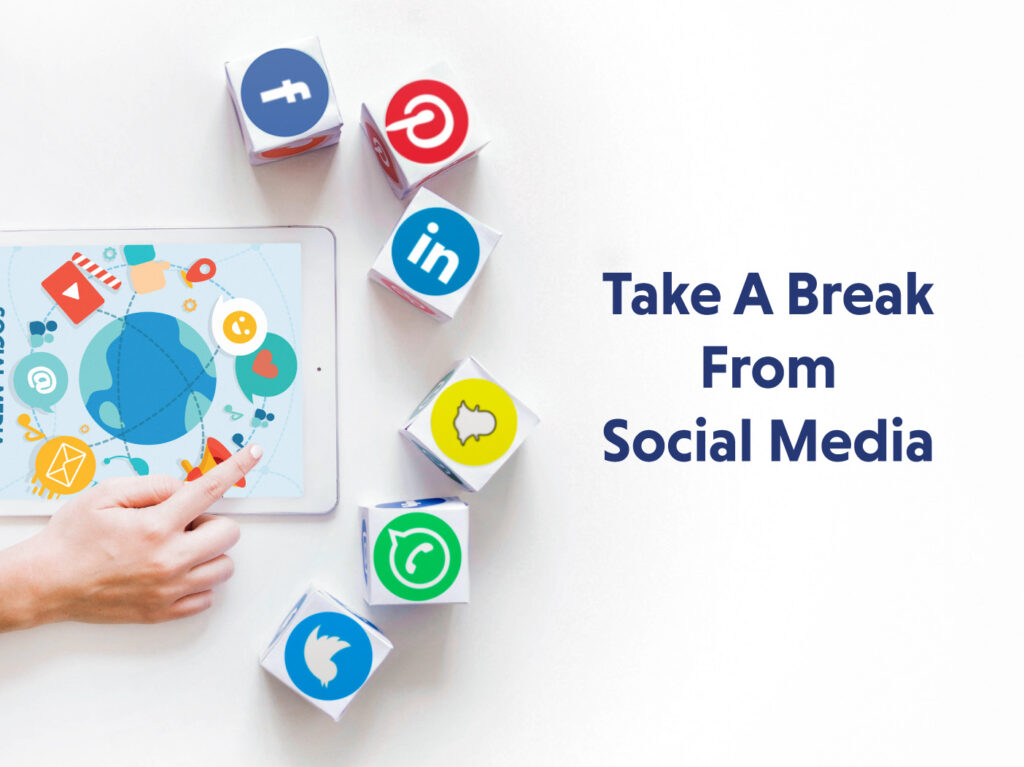10 Benefits of Self-Confidence That Make it Great
Self-confidence is the key to success in any walk of life. It is a belief in yourself and your capabilities. And once you build that belief, you’re free to live your life to the fullest and can achieve your dreams more easily. This blog talks about the ten benefits of self-confidence necessary for living a joy-filled life.
What is self-confidence?
Self-confidence is the feeling of being able to do things on your own. It’s knowing and believing in your abilities without relying on someone else.
Self-confidence is a great thing to have because it can help you feel more confident, allowing you to take on new challenges and learn new skills.
Why should you believe in yourself?
Believing in yourself will help you achieve your goals and dreams.
Believing in yourself means believing that you’re worthy of success. It means believing you can do whatever it takes to get there, and anything is possible if you have the right attitude and work hard enough.
Benefits of self-confidence
Self-confidence is an integral part of having a positive approach toward life. It helps you make better choices, deal with challenges that come your way, and carry out your responsibilities on time. Moreover, if you have self-confidence, people will believe what you say and start to treat you like a leader. Therefore, the benefits of having a high level of self-confidence will be huge for your career and personal life.
- You can be your best.
You may not be able to control other people’s opinions of you, but you can control how you feel about yourself. You can be your best in any situation, whether it’s at work or at home.
You can also learn from your mistakes and move forward with confidence. You’ll know that the best version of yourself is waiting to be unlocked.
- You can motivate others.
When you’re confident, you can inspire others to do the same. When you believe in yourself and can communicate that belief to others, people will start to follow your lead.
- More positive attitude
When you have self-confidence, you tend to think more positively about yourself and your life. You aren’t afraid to try new things, even if they don’t always work out. You’re more likely to take risks because you know that failure isn’t the end of the world for you – it’s just another step on your path toward success!
- Feel valued.
You can feel valued and appreciated. You will feel more confident when you know you are doing your best work. People will treat you with more respect, which is important in any job. Confidence gives you more mental energy for the things that matter most to you, like your relationships and hobbies.
- Reduces destructive thoughts
Confidence is something that we often lack as we get older, but it can be learned over time. Self-confidence is one of the most important factors in life when it comes to achievement and success. Confidence in yourself will make you feel more motivated to achieve your goals, as well as reduce any doubts about your ability to do so.
- Increased happiness
The ability to be self-confident and happy is one of the most important things you can do for yourself. When you are confident in your abilities and in your choices, you will find that life is much easier. You will be able to make better decisions, be more productive, and experience a lot less stress.
When you have confidence in yourself, you will feel more positive about yourself, which leads to better relationships with others. You will also be able to get past your fears and live life on your terms without worrying about what others might think of you.
- Less stress and anxiety
When you feel confident, you’re less likely to stress and worry about things. This will help you stay relaxed and enjoy life more. You’ll be able to take on new challenges without worrying about how they will affect your performance.
When you can relax, you’ll be able to focus better and perform better in your job or schoolwork. You’ll also be able to enjoy the small pleasures in life, like taking a walk around the block or hanging out with friends.
- Greater success

When you feel more confident about yourself, you’ll be more likely to succeed at any given task. You’ll be more likely to speak up when needed and make decisions based on your subjective opinion rather than someone else’s.
- Socialize easily.

You feel more confident when you can talk to people, especially if you know them. You’ll want to keep up with your friends and family, and that’s easier when you’re comfortable talking about things that matter to you.
- Resilient
You will be more resilient. When you are confident, you can take on more challenges and not let anything stand in your way. You will feel less stressed, which also helps your overall health.
Knowing and improving your self-confidence is one of the key factors that help you succeed in your endeavours. Having strong self-confidence helps you gain poise, courage, and compassion.
A Joyscore app is a self-improvement tool designed to help you become more confident. By knowing yourself better and learning the right way to approach situations, you will gain a strong sense of self-esteem.
In order to succeed in any field, it is important to have a positive self-image.
The tips listed above will help you get the self-repute you deserve and achieve your goals and dreams.
If you believe in yourself, it goes a long way in making your life easier and better. It doesn’t matter what you want to do, and if you don’t believe in your own abilities, you are less likely to achieve it. We hope you enjoyed reading this blog, and that you found it helpful! If you have any questions or comments, please leave them below, and we will get back to you.










